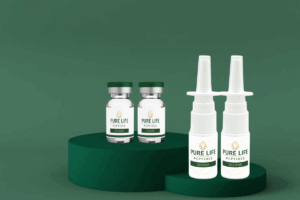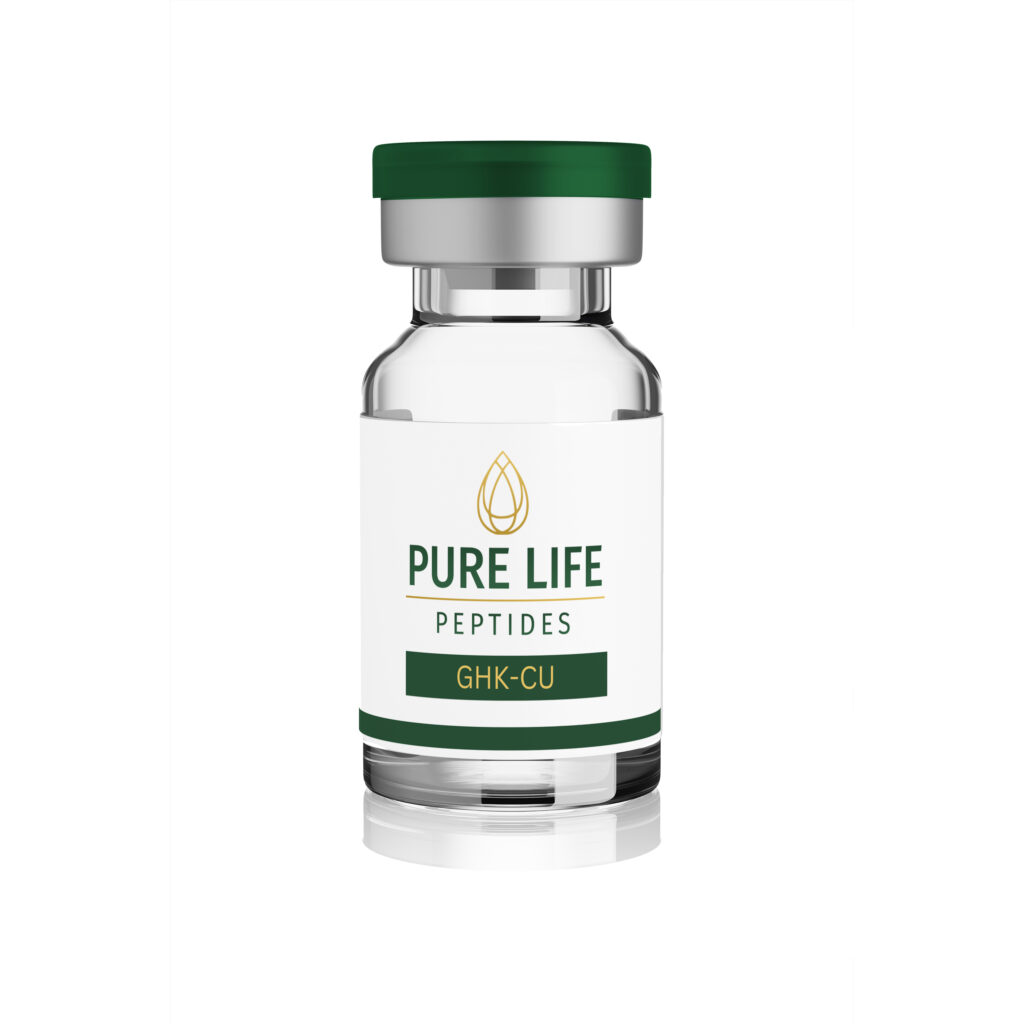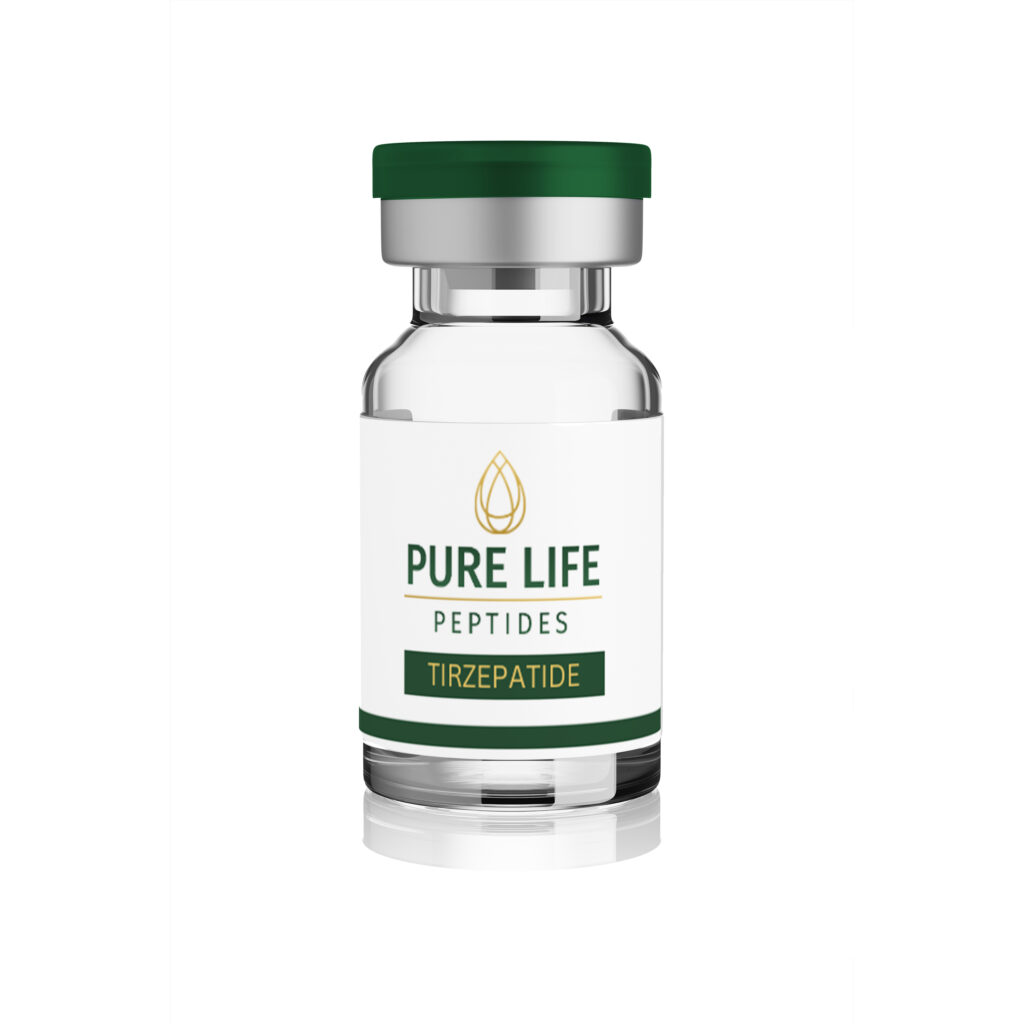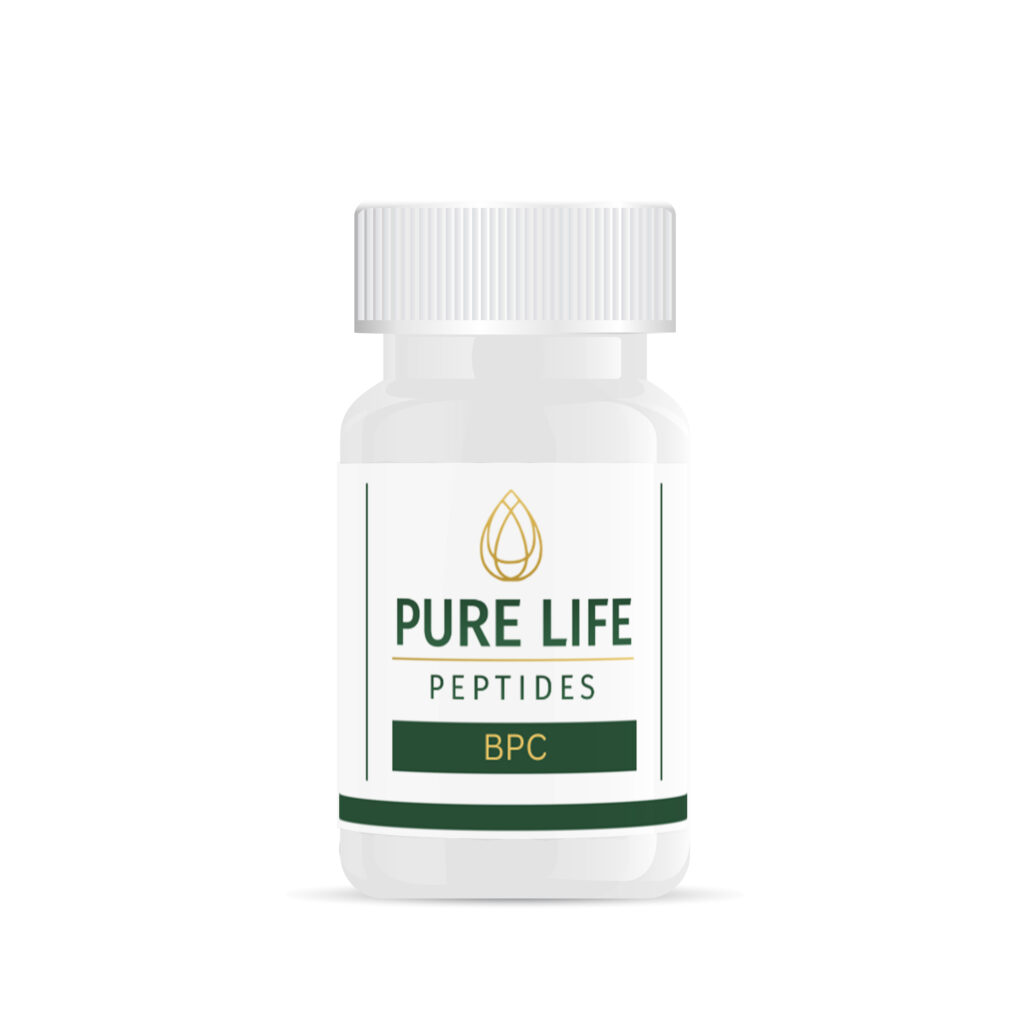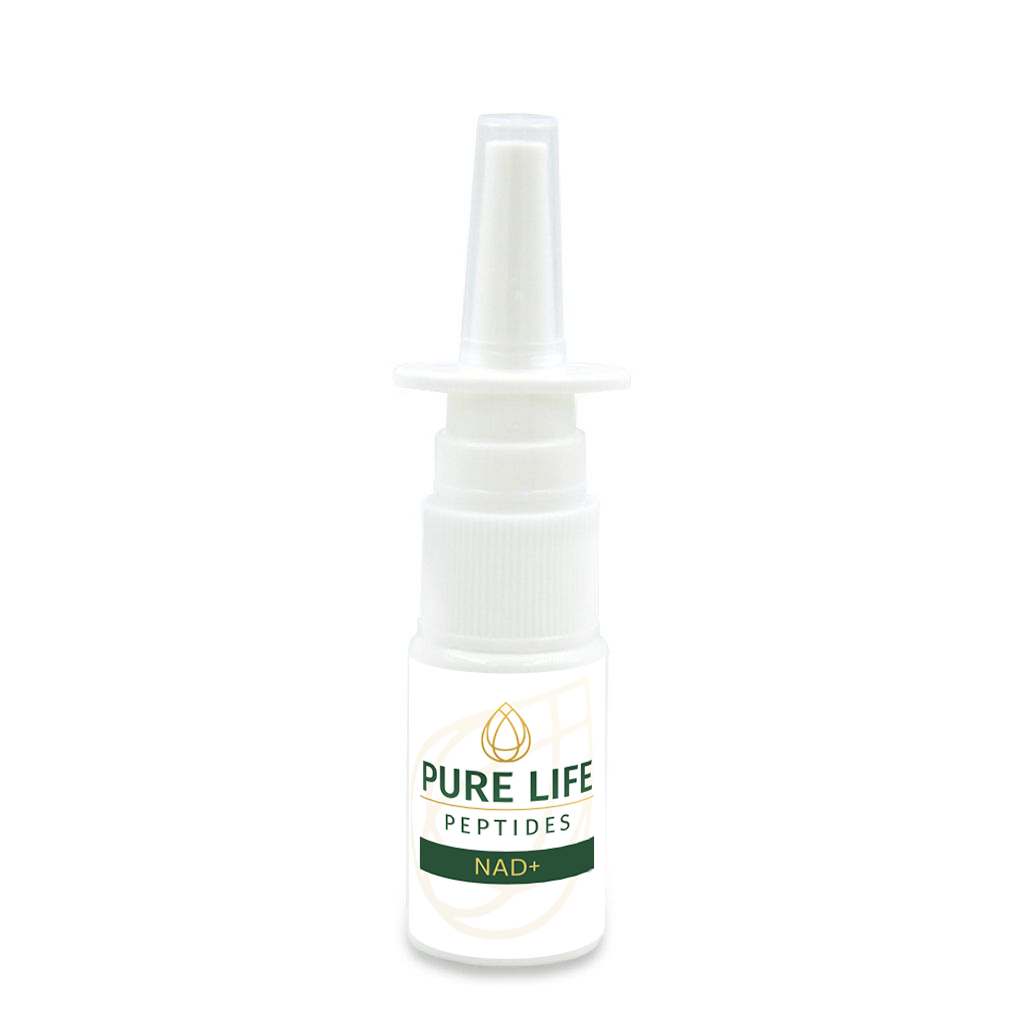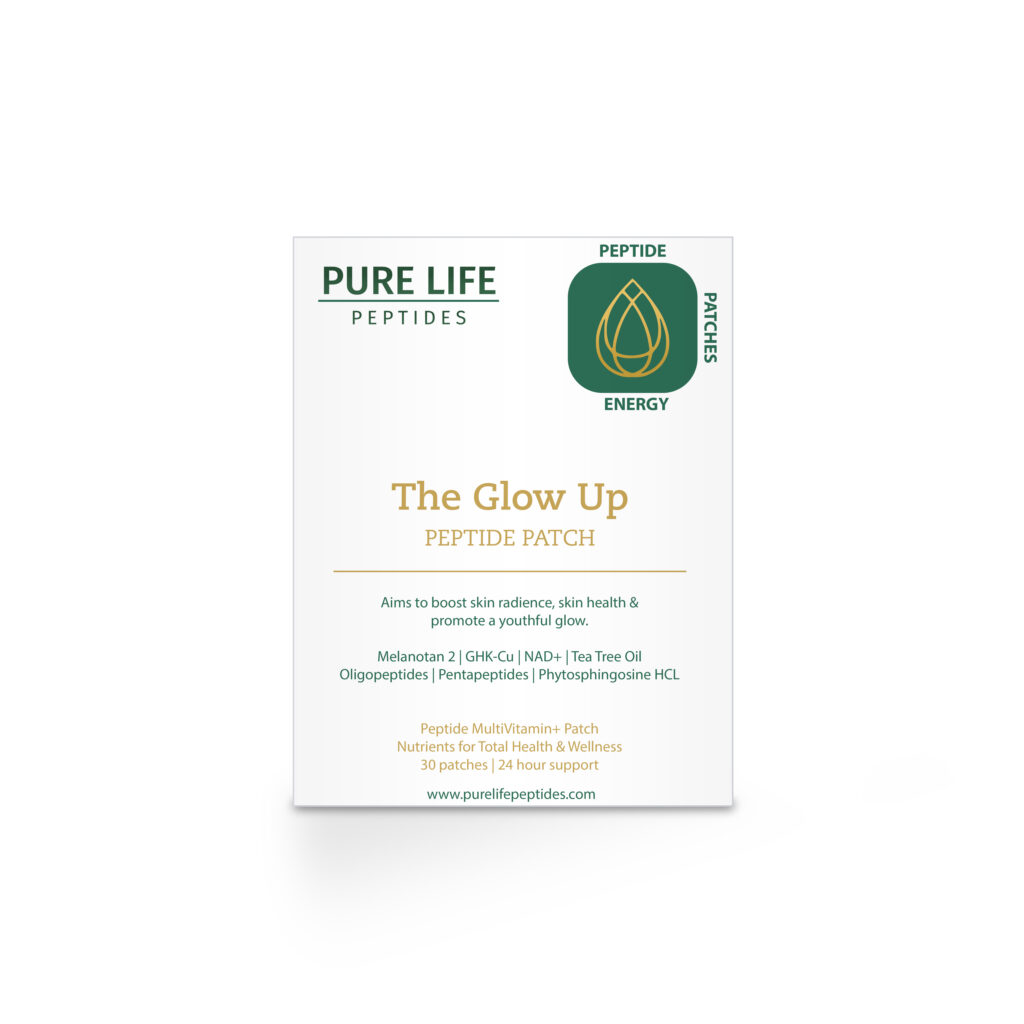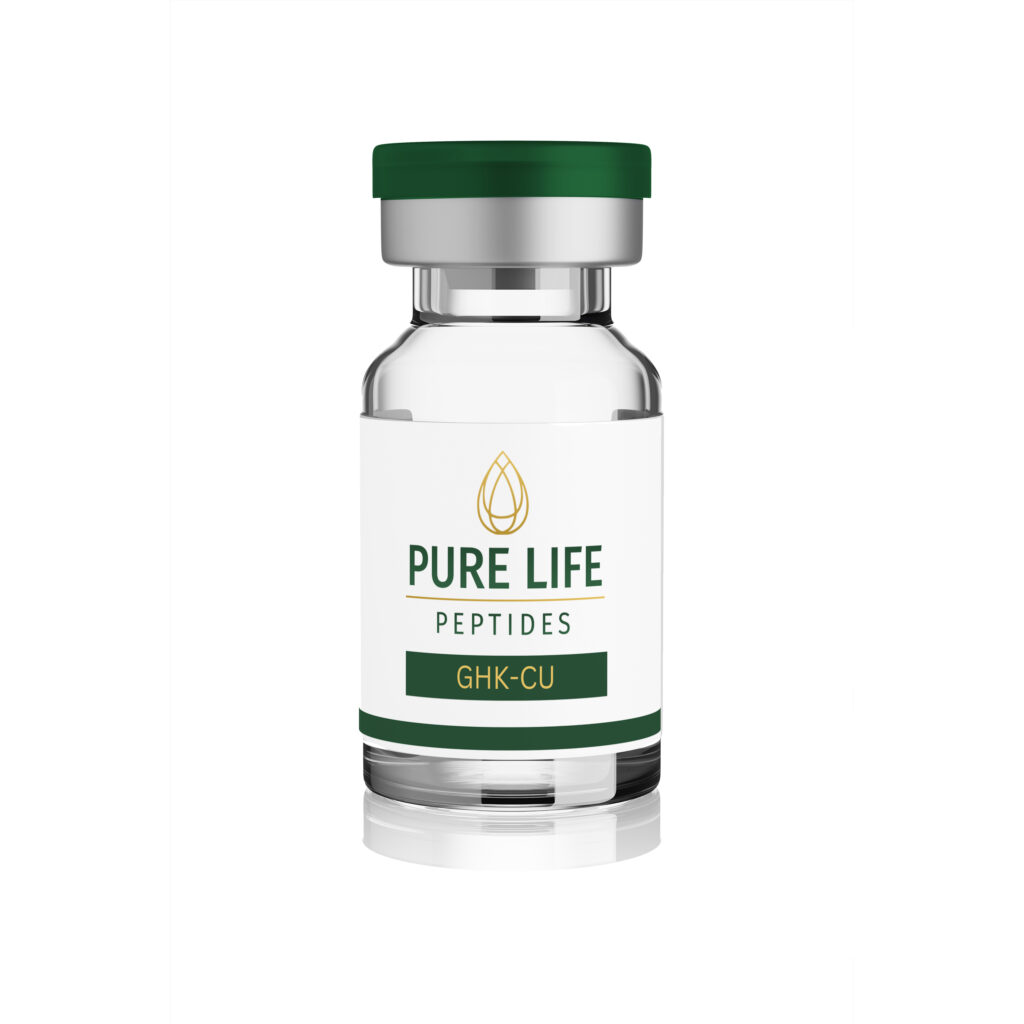In recent years, the peptide industry has experienced unprecedented growth, with more researchers, health enthusiasts, and biohackers becoming interested in these versatile compounds. But what’s fueling this surge in popularity? From increased research funding to a growing interest in personalized health solutions, let’s explore the key trends, data, and reasons behind this industry’s remarkable rise.
The Numbers Speak: Peptide Industry Growth in Perspective
Market research indicates that the global peptide therapeutics market is projected to reach $70 billion by 2030, growing at a compound annual growth rate (CAGR) of approximately 7.5% from 2024 to 2030 (Source: Grand View Research). Additionally, the peptide synthesis market is expected to grow to $1.5 billion by 2027, reflecting increased demand for research-grade peptides (Source: MarketsandMarkets). This growth is largely driven by advancements in peptide synthesis, increased applications in medical research, and rising consumer awareness about peptides’ potential roles in various biological processes. is projected to reach $70 billion by 2030, growing at a compound annual growth rate (CAGR) of approximately 7.5% from 2024 to 2030 (Source: Grand View Research). This growth is largely driven by advancements in peptide synthesis, increased applications in medical research, and rising consumer awareness about peptides’ potential roles in various biological processes.
Why Are Peptides Gaining Popularity?
Pure Life Peptides stays ahead of these trends by offering high-quality, research-grade peptides backed by verified COAs.
1. Growing Interest in Personalized Health and Wellness
Consumers today want health solutions tailored to their unique needs. Peptides offer a promising area for personalized research due to their ability to target specific pathways in the body. Research peptides are being studied for their potential roles in muscle growth, fat loss, skin health, cognitive function, and more.
Search Data Insight: Google Trends shows a steady increase in searches for terms like “peptide therapy,” “peptide research,” and “growth hormone peptides” over the past five years, with significant growth also seen in searches for “peptide weight loss” and “peptide anti-aging”—terms that have surged by over 70% in the last three years. over the past five years, especially in countries like the United States, Canada, and Australia.
2. Advancements in Peptide Synthesis and Delivery Methods
Peptide synthesis technology has improved dramatically, making it easier, faster, and more cost-effective to produce high-purity peptides. Innovations like transdermal patches, nasal sprays, and oral delivery systems have also made peptide research more accessible.
Research Highlight: A study published in Frontiers in Pharmacology found that advancements in peptide drug delivery systems have significantly enhanced research applications in laboratory settings, particularly in metabolic and neurological studies, with no implications for human use. found that advancements in peptide drug delivery systems have significantly enhanced research applications, particularly in metabolic and neurological studies.
3. Increased Focus on Preventive and Regenerative Research
With aging populations and rising healthcare costs, there’s growing interest in peptides’ potential to support cellular regeneration and preventive research. Peptides like BPC-157 and TB-500 are being studied in laboratory settings strictly for research purposes, with no approved applications outside of scientific investigation. for their possible roles in tissue repair, while others like GHK-Cu are under investigation for their applications in skin and hair research.
Trend Insight: The term “anti-aging peptides” has seen a 60% increase in Google searches over the past three years.
Key Trends Shaping the Peptide Industry
The number of peptide-related publications in scientific journals has increased by over 300% in the past decade, indicating a growing interest in this field (Source: PubMed Analytics). Pure Life Peptides follows these trends closely, ensuring all peptides undergo rigorous testing and COA verification.
Pure Life Peptides follows these trends closely, ensuring all peptides undergo rigorous testing and COA verification.
1. Biohacking and Longevity Movements
The biohacking community has embraced peptides as potential tools for optimizing physical and cognitive performance. Researchers, publications, and educational platforms are increasingly discussing peptides, emphasizing their potential within research settings without suggesting direct applications. like Semaglutide for metabolic research or CJC-1295/Ipamorelin for muscle and recovery research.
2. Increased Research in Peptide Therapeutics
Pharmaceutical companies are investing heavily in peptide-based treatments, particularly for metabolic disorders, cancer, and autoimmune conditions. In fact, over 60 peptide-based medications have been approved by the FDA, with hundreds more in various stages of research.
3. Global Shift Toward Preventive Health
People are more health-conscious than ever, with preventive health becoming a priority. Peptides fit naturally into this narrative, as research continues into their potential applications for metabolic regulation, immune support, and overall wellness.
What Does This Mean for the Future?
Pure Life Peptides is committed to staying at the forefront of industry advancements with consistently tested peptides.
The peptide industry’s growth shows no signs of slowing down, with increasing interest in peptide market expansion and the growing interest in peptides driving new research and innovation. As more people seek personalized health solutions, the search volume for peptide-related keywords continues to rise, with ‘peptide therapy near me’ and ‘peptide benefits’ seeing noticeable growth in online interest. As research deepens and new findings emerge, peptides will likely become even more integrated into conversations about personalized health and performance optimization. The development of new delivery methods, combined with increasing consumer curiosity, suggests that peptides will continue to play a significant role in the evolving landscape of health sciences.
Pure Life Peptides: Committed to Quality in a Growing Industry
At Pure Life Peptides, we recognize the importance of reliable, research-backed information. Our peptides are intended strictly for research purposes only and are not for human consumption. in a rapidly growing industry. All our peptides are accompanied by a Certificate of Analysis (COA), provided through partnerships with accredited laboratories to ensure the highest standards of peptide research and build trust with our clients., ensuring transparency and quality for research purposes. As the industry evolves, we remain dedicated to providing peptides that meet the highest standards for research applications.
Final Thought
Pure Life Peptides supports ongoing research by providing lab-tested peptides with verified COAs, ensuring researchers have the highest quality materials for their studies.
Customer Testimonial: “We’ve relied on Pure Life Peptides for our research needs for years. The consistency, quality, and transparency of their COAs give us confidence in every study we conduct.” – Emily Thompson
Pure Life Peptides supports ongoing research by providing lab-tested peptides with verified COAs, ensuring researchers have the highest quality materials for their studies.
The growth of the peptide industry is driven by curiosity, innovation, and the ongoing quest for better health solutions. As more people discover the fascinating world of peptides, the industry will continue to expand, providing new insights into how these remarkable molecules influence biological processes.



